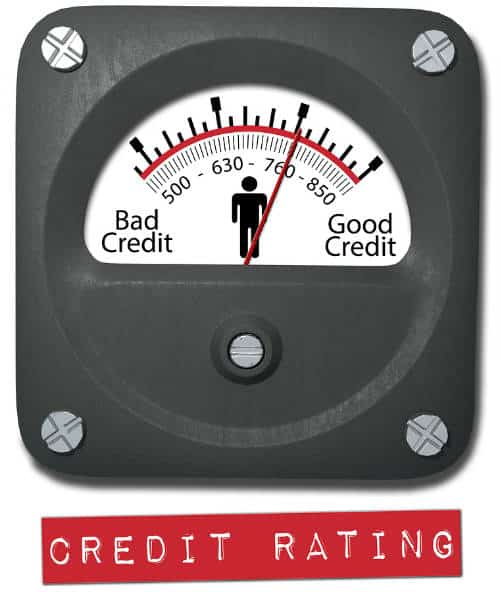FICO credit scores range from 300 to 850 points. Banks and other lenders now want to see 700 credit scores and higher, which is all the more reason to strive for perfect credit. You can certainly still obtain credit and loans even if your credit scores fall below 700.
But you should know that it’s tougher, and you’re likely to pay higher interest on any loans or credit you do receive if your credit rating isn’t stellar.
Do You Have a Good Credit Score – Or Something Else?
Here is my own completely subjective assessment of your credit, based solely on your FICO score and my personal and professional dealings with bankers and lenders of all kind:
If your FICO score is … Then your credit is:
760 – 850 Perfect
759 – 700 Good
699 – 650 Average
649 – 620 So-So
619 and below Poor
The Credit Crunch Has Led Banks To Demand Higher Credit Scores
Before the credit crunch, for many financial institutions, 620 was somewhat of a magic cutoff number. For example, many banks would require you to have a FICO score of at least 620 in order to get a halfway decent mortgage rate.
If your score was less than 620 could you still get the loan? Yes, in most cases. But depending on the severity of your credit problems, you had to pay a lot higher interest rate and more finance charges over the life of the loan. That’s true at every level of the credit spectrum.
Those in the perfect credit range will pay less than those with good credit; those with good credit will get better terms than people with average credit, and so on. In the current economic climate, having a FICO score in the 600s – even the high 680s – could mean your mortgage application gets denied.










